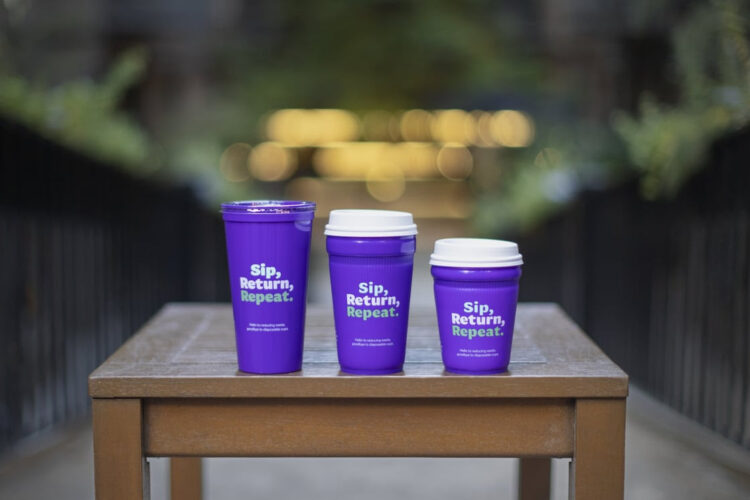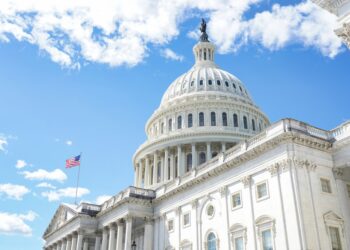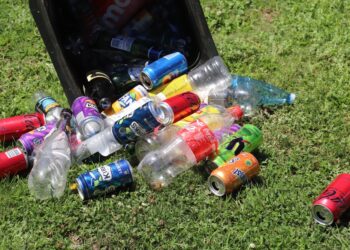The NextGen Consortium is bringing together brands big and small to trial a city-wide reusable cup system in Petaluma, California.
Starting in early August, reusable to-go cups will be the default in more than 30 restaurants in the San Francisco Bay area city, including Starbucks, Peet’s Coffee, KFC, The Habit Burger Grill and Dunkin’. The Coca-Cola Company and PepsiCo are also supporting the pilot project, along with many local companies, convenience stores and eateries.
The Petaluma Reusable Cup Project is intended to be “an unprecedented collaboration to drive reuse,” according to a press release. Customers who leave with the cups will be able to return the used cups at more than 60 locations across the city after they finish with their beverage.
The cups will be washed and redistributed by Muuse, a 2018 NextGen Cup innovation challenge winner that operates in Canada, Hong Kong and Singapore. The pilot will run until November to collect baseline data on customer participation and environmental impact.
The press release noted that the project has the potential to displace hundreds of thousands of single-use cups and is a test of what a large-scale reuse system might look like.
“The Petaluma Reusable Cup Project is focused on supporting customers to create return habits, a key factor to the success of reuse,” the Consortium said in the press release. “The city-wide initiative is a critical step forward to catalyze and scale reuse systems.”
The NextGen Consortium is managed by the Center for the Circular Economy at Closed Loop Partners. Zero Waste Sonoma and Recology are also involved in the project.
Michael Kobori, Starbucks chief sustainability officer, said it “takes an entire community to build the future of reuse that we want to see.”
Petaluma also was a location for Starbucks’ 2023 returnable cup pilot project, which used a similar process but was only for Starbucks. The city was again selected partially due to the size and dense layout of its downtown, the press release said: “Its tight cluster of restaurants and local shops within walking distance, and proximity to suburban and rural areas, creates the right conditions for testing a reuse system for to-go cups.”
Leslie Lukacs, executive director of Zero Waste Sonoma, said that “universal accessibility creates the foundation for a cultural shift towards reuse.”
“Imagine a neighborhood where all to-go cups are reusable, and returning these cups required no extra steps,” Lukacs said. “By making reusable cups as convenient and accessible as single use, we can offer an alternative for residents when they forget to bring their own cups with them.”





























